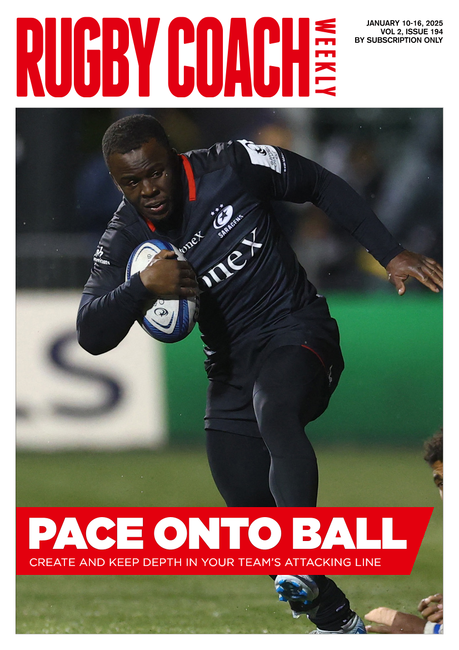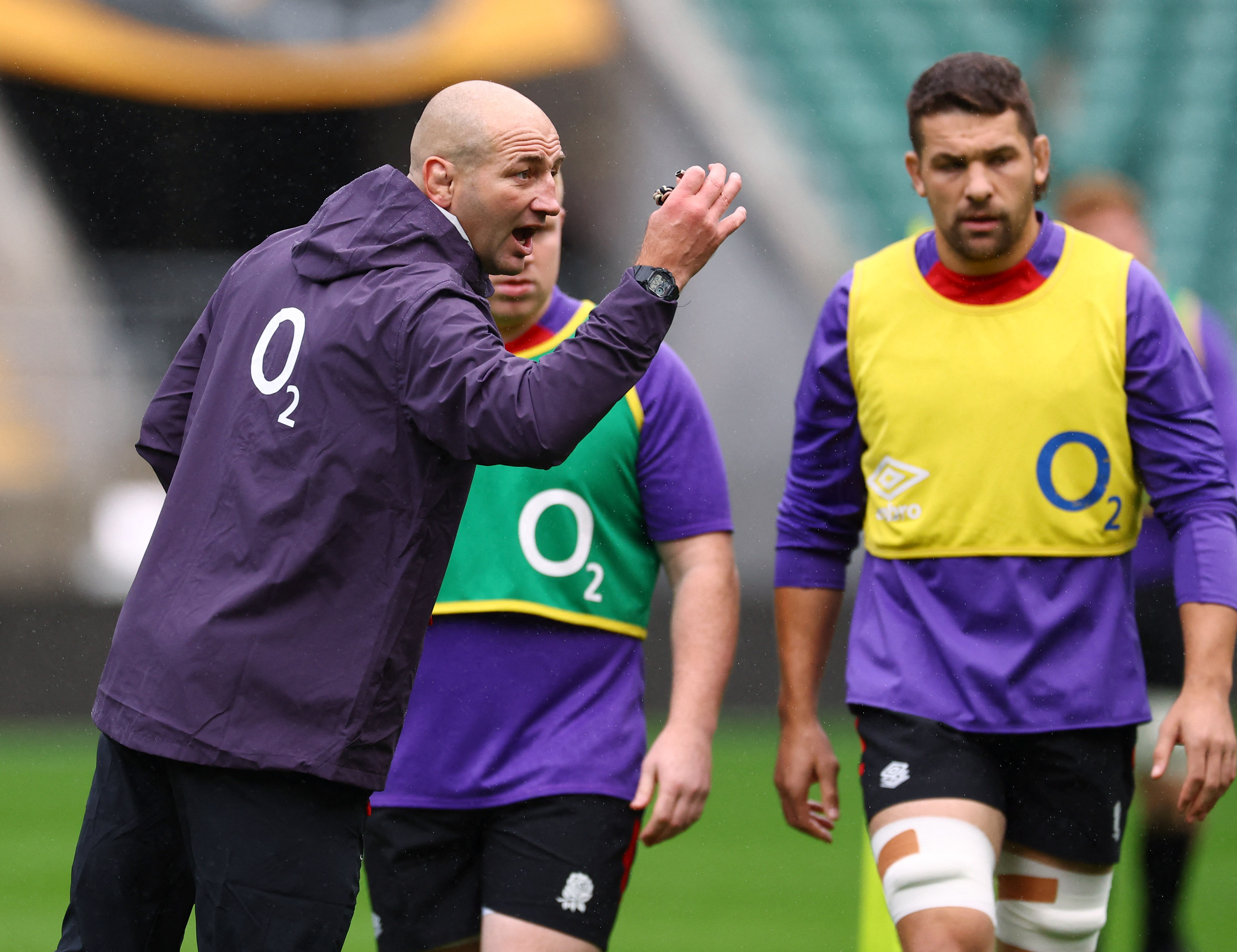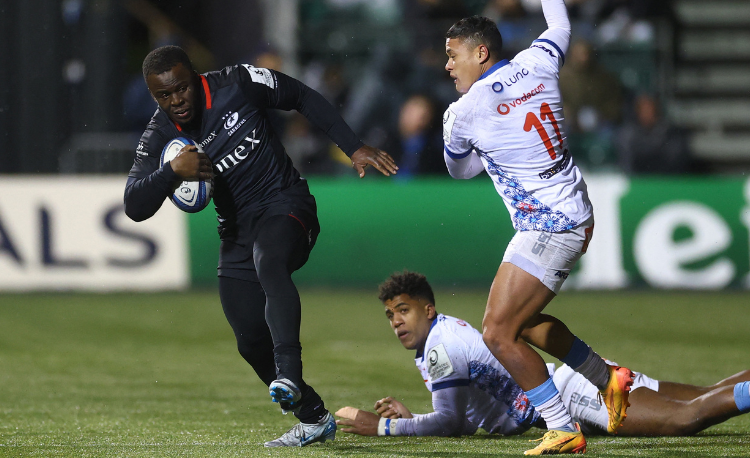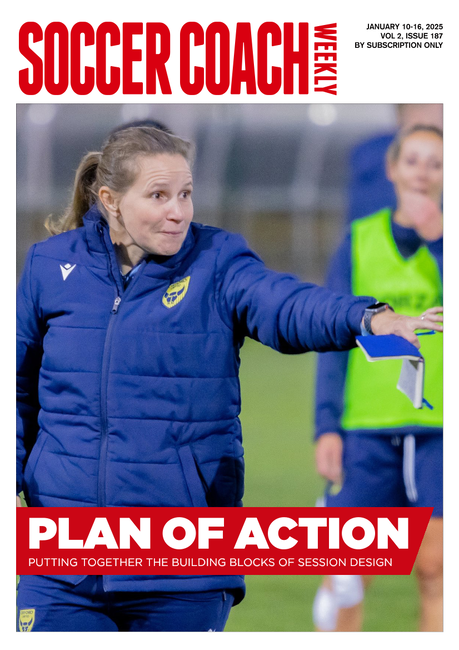5 tips on how to use substitutes

Making substitutions is a challenge for coaches because there’s an implied criticism of the players involved. So accentuate the positive and make the process a chance for development and enjoyment.
1. Basic principles
Plan substitutions in advance – who is to come on for whom. Advise your team of these plans before the game. If coaching youth rugby, you may want to forewarn parents where appropriate.
Ensure bench players get at least a quarter of the game time. Token appearances in the final moments of a game are patronising and ineffective.
If the regulations permit rolling substitutions, decisions don’t have to be final. And remember that the laws are more relaxed up to U19 level, with a player who has been substituted able to return to replace an injured player.
Unfortunate though they are, injuries offer opportunities to develop the team. A substitute could be deployed in a different position, enhancing his understanding of another role.
2. What to say to players
Emphasise the benefits of impact players. Being a substitute can be a positive thing for several reasons: you can inject energy into your side, offer a different tactical view of the match or exploit a tiring opposition.
A player you plan to substitute can give everything they’ve got for a shorter time – giving them more chance to dominate their opponent.
3. Who should be substituted?
If you rotate squads, keep a register of playing time to ensure everyone gets an opportunity to start and bench. If it’s a youth squad, perhaps ask a parent to help with this task.
You might want to put your stronger players on the bench against what you perceive to be weaker opposition, allowing developing players to start.
4. Should decisions be planned or instinctive?
There are three reasons why a rigid “you’ll go on after 60 minutes” approach isn’t advisable.
- If the player is told this early on, their preparation is narrowly focused. Thus, if the plan changes and they come on earlier/later than expected, they may be underprepared and perform poorly.
- There are so many match variables beyond your control that rigid plans are too easily disrupted. Instead, give subs an indication of the circumstances in which they’re most likely to come on – but with the caveat that those circumstances may change.
- A rigid approach may have a negative impact on the player replaced. This occurred with Wales prop Adam Jones, who used to feel humiliated when routinely coming off after just 30 minutes early in his Test career.
5. Treat everyone as equals
Demonstrate the value you place on your substitutes by asking for and acknowledging their feedback in your post-game analysis.
If they didn’t get on to the pitch, make a point of explaining why as soon as possible to the substitute(s) concerned.
Acknowledge your substitutes’ contributions publicly in the post-match team meeting, as well as individually.

Related Files
Vol-2-Issue-042-K-Owens-5-tips-on-how-to-use-substitutes.pdfPDF, 604 KB
Newsletter Sign Up
Coaches Testimonials

Gerald Kearney, Downtown Las Vegas Soccer Club

Paul Butler, Florida, USA

Rick Shields, Springboro, USA

Tony Green, Pierrefonds Titans, Quebec, Canada
Subscribe Today
Be a more effective, more successful rugby coach
In a recent survey 89% of subscribers said Rugby Coach Weekly makes them more confident, 91% said Rugby Coach Weekly makes them a more effective coach and 93% said Rugby Coach Weekly makes them more inspired.
Get Weekly Inspiration
All the latest techniques and approaches
Rugby Coach Weekly offers proven and easy to use rugby drills, coaching sessions, practice plans, small-sided games, warm-ups, training tips and advice.
We've been at the cutting edge of rugby coaching since we launched in 2005, creating resources for the grassroots youth coach, following best practice from around the world and insights from the professional game.













